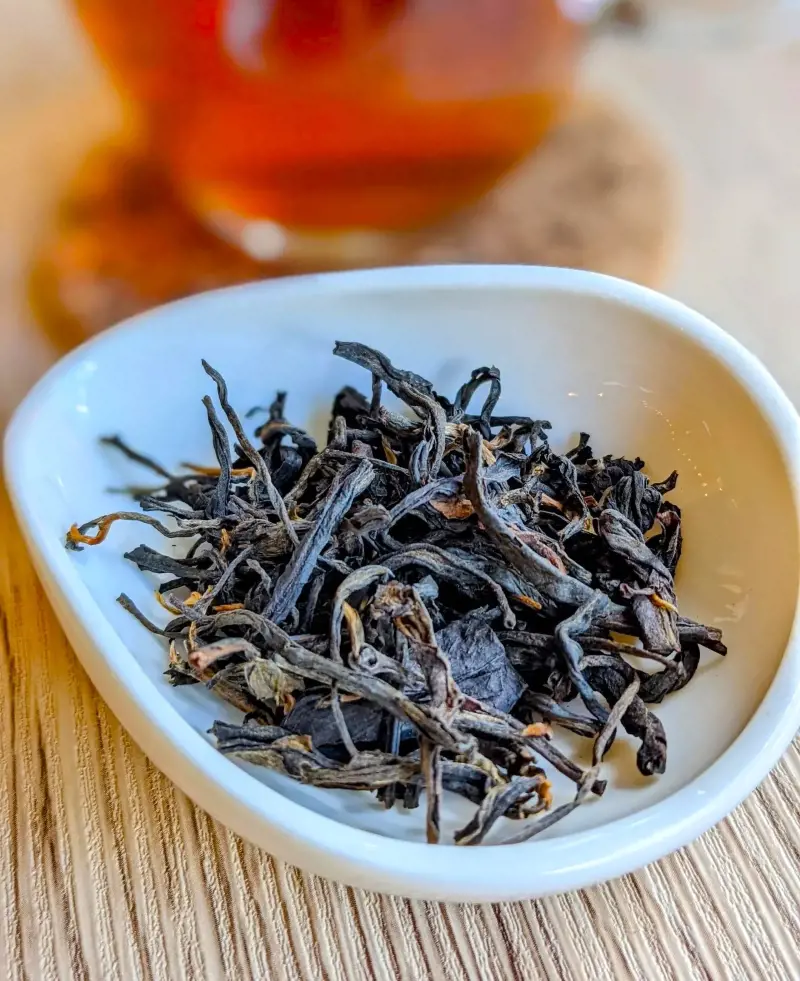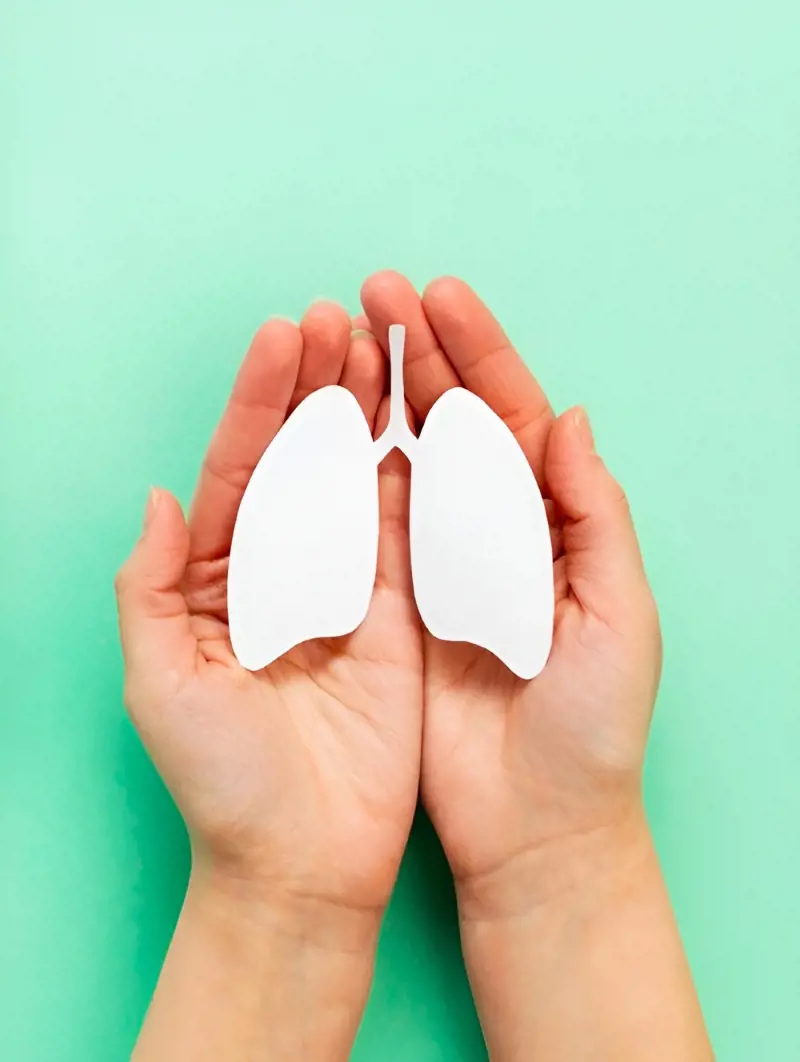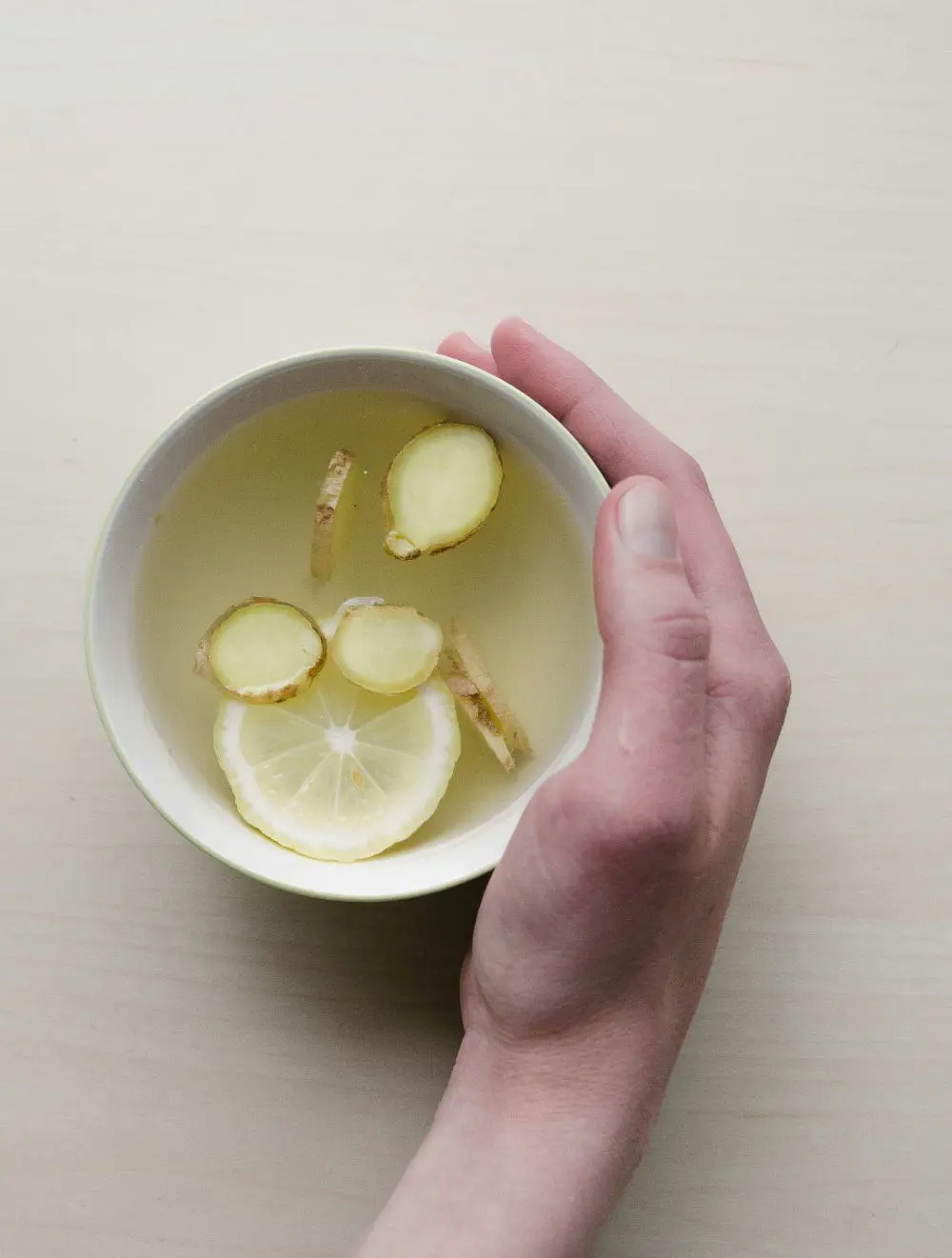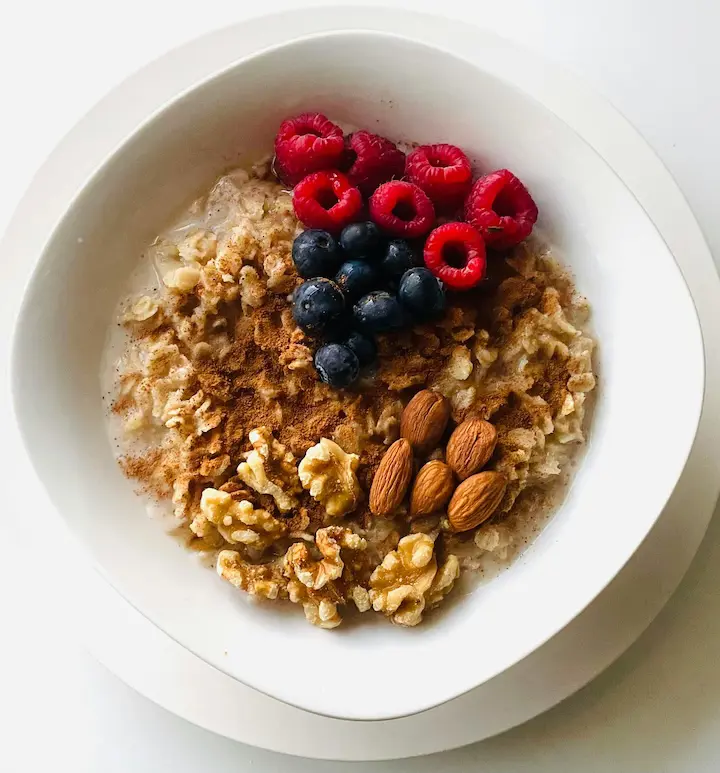Black Tea Nutritional Profile
Black tea offers a modest yet significant nutritional profile, boasting essential minerals like manganese and potassium that promote mental health and electrolyte balance.
When consumed without added sugars or milk, black tea is virtually calorie-free, making it a hydrating beverage choice with potential health benefits. About 100 grams serving of black tea delivers:
- Calories: 1 Kcal
- Fat: 0g
- Carbs: 0.3g
- Iron: 0mg
- Potassium: 37 mg
- Manganese: 0.5mg
- Sodium 3 mg
- Caffeine: 20.2mg
Apart from these, black tea is rich in antioxidants, notably flavonoids and polyphenols that support overall health by combating oxidative stress and inflammation, potentially reducing the risk of chronic diseases.















